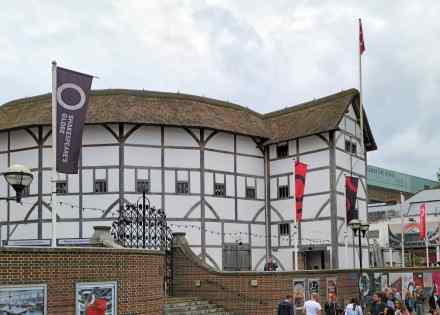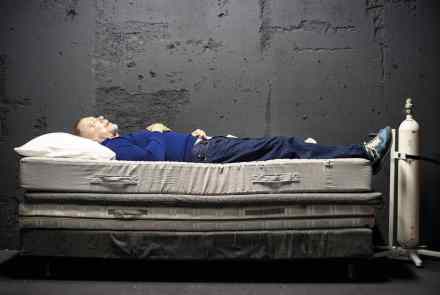In defence of Shakespeare’s Globe
Off to my old manor, the Globe theatre, to join a celebratory gathering of thems and theys for I, Joan, a non-binary telling of the Joan of Arc story. The show has caused no shortage of outrage in various communities on the left, centre and right, and has had the Globe labelled as misogynist by feminists of a certain generation. It is a great compliment to the Globe that even though it only opened in 1997, it is already held so dear that whatever happens there is quickly amplified into a broader debate. In my time as artistic director, we had one Sun front page ridiculing our engagement with foreigners;




